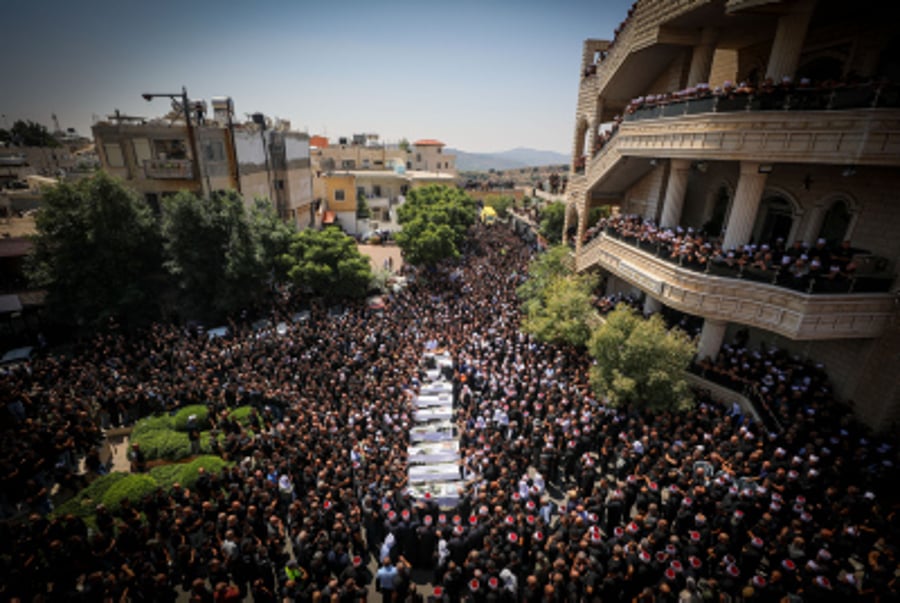
As tensions escalate even further on Israel's troubled northern border, security experts are sounding the alarm about the potentially devastating impact of a full-scale war with Hezbollah on Israel's civilian population and national resilience.
In a recent analysis published by the Institute for National Security Studies (INSS), researchers Meir Elran, Orna Mizrahi, Ariel Heimann, and Anat Shapira outline the potential consequences of a high-intensity war between Israel and Hezbollah.
The report comes as Hezbollah, backed by Iran, has engaged in an ongoing war of attrition against Israel since October 7, 2023. Recent escalations, most especially yesterday's horrific rocket attack on Israeli children playing soccer in Majdal Shams and unprecedented rocket salvos following Israeli strikes on Hezbollah officials, have intensified calls for a large-scale Israeli offensive.
However, the INSS experts caution that such a conflict could pose unprecedented challenges to Israel's home front. "Hezbollah has the military capabilities to conduct an exceedingly protracted war, probably lasting many months, and cause severe damage to Israel," the report states.
The analysis highlights several key areas of concern:
- Israel could face barrages of thousands of projectiles daily, potentially exhausting its interceptor stockpiles and forcing difficult choices in protecting military, infrastructure, and civilian targets.
- Power grids, communication networks, and transportation systems could be severely impacted, disrupting both civilian life and military operations.
- With Israel still grappling with the trauma of the October 7 attacks and the ongoing Gaza war, public opinion polls show declining resilience and trust in institutions.
The widespread disruption caused by a multi-front war could significantly extend the recovery period for Israeli society, potentially lasting years.
The researchers urge careful consideration of these factors in any decision to escalate the conflict with Hezbollah.
These are their recommendations:
- Avoid a high-intensity, multi-front war while the Gaza conflict continues
- Strive for a short, territorially confined conflict if war becomes unavoidable
- Improve preparedness of governmental and security systems responsible for the home front
- Manage public expectations regarding the war's purpose and potential risks
As Israel navigates this complex security landscape, the INSS report serves as a sobering reminder of the high stakes involved in any potential escalation with Hezbollah.




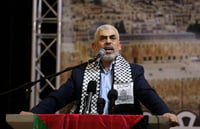

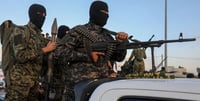

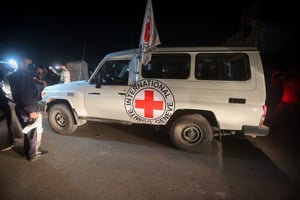


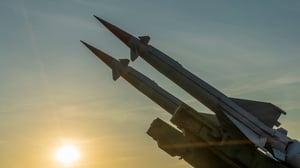


0 Comments